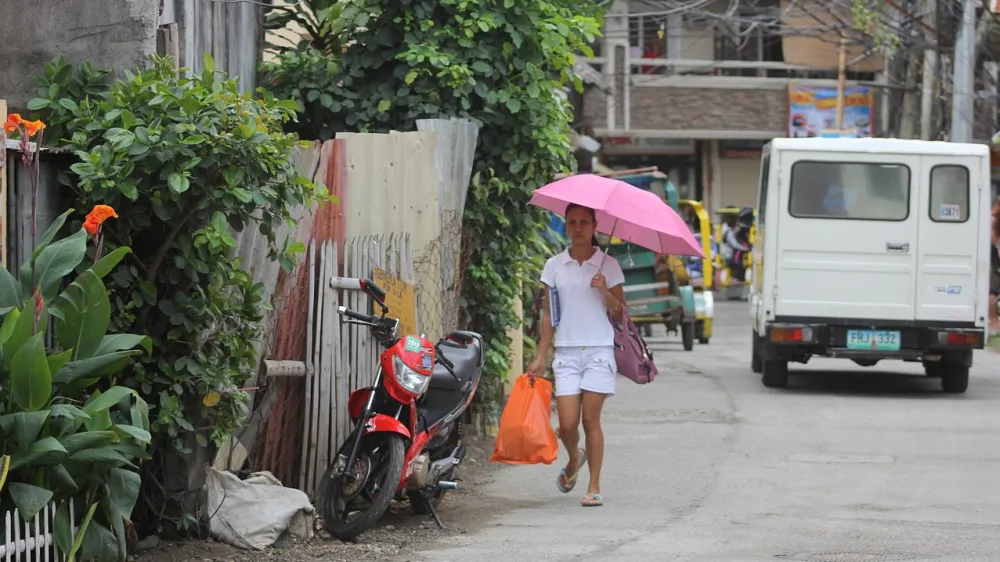
Pandemic claim losses won’t drag down Fubon Insurance’s strong profitability: Moody’s
Strong capitalisation is back by support from Fubon Financial.
Fubon Insurance Co., Ltd. will continue to maintain its solid capitalisation and strong profitability despite rising losses on pandemic policies, Moody’s said.
According to the ratings firm, the insurer’s strength is backed by the capital support from parent Fubon Financial Holding Co., Ltd and the insurer's strong earnings.
Moody’s said that the $470m (NT$15b) capital injection from its parent company in August alleviated the capital erosion brought by the $630m (NT$19.9b) retained claims payment and reserves set aside for pandemic policies in the first eight months of 2022.
“This capital injection raised the insurer's risk-based capital (RBC) ratio to about 300% as of 31 August 2022, which will provide a solid capital buffer above the regulatory minimum of 200% over the next 12-18 months,” Moody’s commented.
However, Moody’s predicts that Fubon Insurance’s profitability will deteriorate significantly in most of 2022 due to rising claims however profitability will gradually recover and resume its strength in the next 12 to 18 months, backed by its stringent risk selection, economies of scale and good investment income. Excluding the pandemic policies, the combined ratio of its domestic business was low compared with its global peers at below 93% in both 2020 and 2021.
Moody's expects the insurer's earnings pressure to ease substantially from the second quarter of 2023 because most in-force pandemic policies carry 1-year term and will mature by then after the insurer stops selling the product in April 2022.
The ratings firm added that the affirmation also considers the insurer's leading market position as the largest non-life insurer in the domestic market, with a market share of 24.5% by net premiums in 2021. The insurer's strong brand recognition and extensive distribution network underpin its strong market position.
“However, the insurer's geographic concentration exposes it to significant gross catastrophe risks, primarily from earthquakes and typhoons, which could increase earnings volatilities. That said, the insurer has comprehensive reinsurance programs to reduce its net catastrophe exposure to a manageable level relative to its capital,” Moody’s said.
In 2022, the top 12 insurers in Taiwan had to pay over $1b in COVID-19 claims, with some insurers selling properties and applying for short-term loans just to increase their cash reserves.



















 Advertise
Advertise







